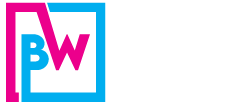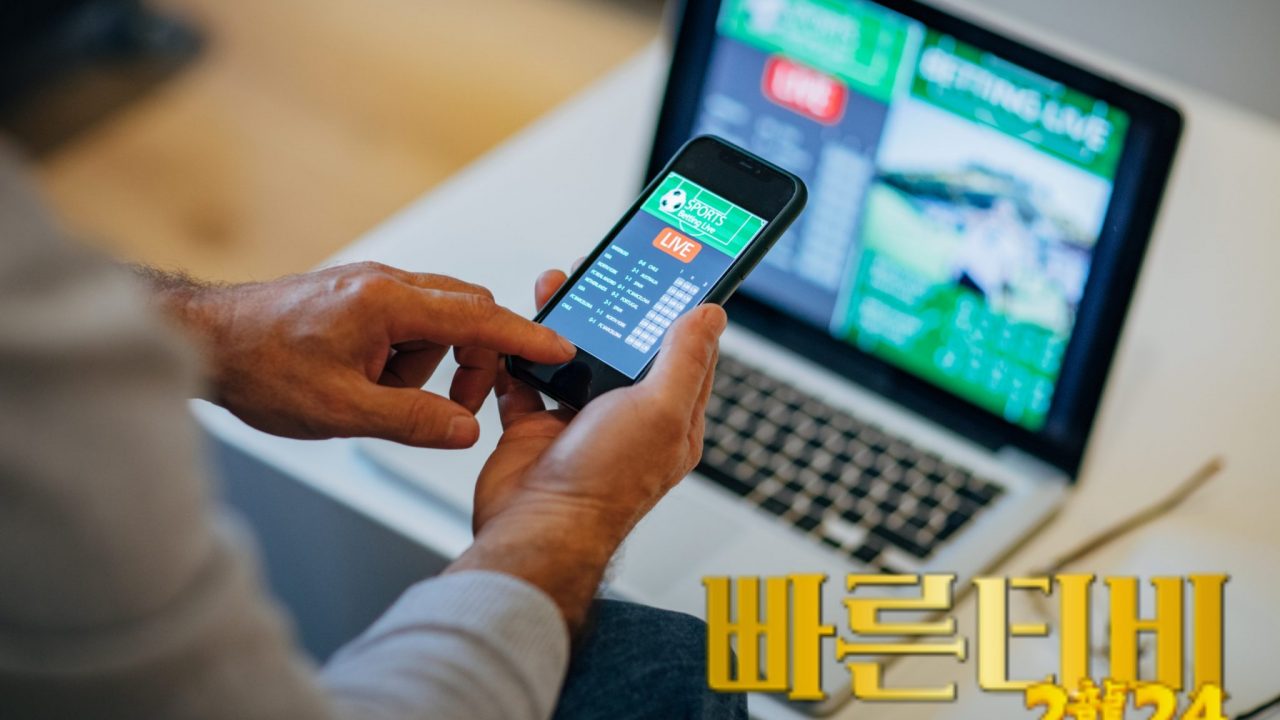
Fueling Your Mind By Finding Reliable Information On The Web
Making sense of the complexity of our digital existence depends on consistent, trustworthy data. Many individuals struggle to separate trustworthy from dubious sources as they find the abundance of knowledge on the internet to be taxing. Online, false news, inaccurate information, and biassed opinions abound, therefore complicated truth-seeking even further. This environment highlights the requirement of critical thinking and the need of having well-founded strategies to acquire trustworthy information.
This article seeks to provide readers with reasonable methods for finding reliable online sources. Developing ability to assess the validity of material helps people to strengthen their knowledge base and guide their judgments. In a time when false knowledge could cause misunderstandings and bad decisions, it is essential to equip oneself with the means to hunt truth. These techniques will help readers to safely interact with the abundance of knowledge at hand and shield themselves from false information.
Understanding the Landscape of Online Information
Knowing the terrain of online information calls for understanding of the many kinds of sources that abound on the internet. Although the editorial standards of the publication will affect the dependability, news websites usually include current happenings. Though they might provide personal perspectives, blogs might not rigorously fact-check. Usually peer-reviewed, academic publications provide reliable sources with research results but their intricacy might make them less easily available. Though they might be replete with unconfirmed material, forums allow conversations and community guidance. Although news is shared on social media, these sites can magnify false information and biassed material.
Readers have to evaluate these sources carefully as they realize not all the material is reliable. Typical mistakes include incorrect knowledge that is disseminated and clickbait headlines that give engagement over accuracy top priority. Biased material also presents a difficulty as it causes readers to take distorted opinions. Navigating internet material with a discriminating eye helps one to avoid these traps and guarantee a well-rounded knowledge of subjects.

Locating Trustworthy Information Sources
Think about some relevant criteria to assess the online resource accuracy. First take the author’s qualifications; often outstanding writers have either academic background or relevant business experience. Next take publication’s reputation; reputable businesses or magazines usually stress dependability. Look also for references of trustworthy sources; those that cite well-known studies or figures add more legitimacy.
Correcting anything calls for cross-referencing information from several trustworthy sources. This practice helps to notice variations and provides a larger perspective on the topic, therefore lowering the risk of misleading information.
With such instruments, one may discover proper information much more easily. Even although fact-checking tools assist to refute false assertions and validate facts, Google Scholar is a great source of scholarly research. Moreover reliable knowledge and ideas may be found on official government or educational websites.
These tools and techniques help people to separate trustworthy information from dubious sources, therefore advancing knowledge and smart decision-making.
Advice on Quick and Powerful Online Research
Good internet research calls for using cutting-edge methods. Advanced search operators—quotation marks for specific words and the minus sign to eliminate terms—can help to narrow search results. Specific keywords enable rapid identification of relevant material. Source type filters rate trustworthy news sources, academic papers, or websites; by date filtering access to the most recent data.
Tools and browser extensions will help to increase research efficiency. Though content curation systems like Pocket and Evernote provide the basic storage and sorting of relevant information, citation organizers assist to simplify reference management.
Reading above headlines and summaries will enable one to understand the whole background and complexity of the subject. In domains like “business and finance,” accurate data analysis is rather crucial; in “games and gambling,” understanding of regulatory issues is extremely necessary. Following new developments in “technology and marketing” could help you to lead the competition. Understanding “sports and fitness” need for continuous knowledge and expert opinions. Opinions on “health and beauty” shine from thorough investigation and study. These methods may help your internet investigation be more thorough and useful.
Avoiding Information Overload and Bias
People should develop a methodical methodology for bookmarking and grouping material if they want to properly manage and arrange internet information. By use of bookmark management tools or browser extensions, group similar resources may be easily accessed, hence facilitating retrieval. Setting groups according to subjects or themes will help the organization run more smoothly.
People should deliberately seek out several points of view to prevent confirmation bias. One may do this by consulting many sources, even those with conflicting opinions. Interacting with material from several writers or websites helps one to have a more complete knowledge of a subject.
Maintaining a balanced and healthy learning style depends on restricting the information intake. To assist avoid overload, set daily or weekly knowledge intake targets and schedule certain times for study. Timers used during reading sessions may also help to promote concentrated participation and pauses to help to absorb material. These techniques help people to properly control their internet data, reduce prejudice, and maintain a good learning environment.

강남쩜오, 품격 있는 사교 문화를 즐길 수 있는 라운지
강남쩜오는 세련된 분위기 속에서 품격 있는 사교 문화를 즐길 수 있는 라운지로 많은 이들에게 사랑받고 있습니다. 편안함과 고급스러움이 조화를 이루는 이곳은 중요한 만남이나 소중한 모임을 더욱 특별하게 만들어 줍니다. 강남쩜오는 맞춤형 환대와 차별화된 서비스로 고객들에게 긍정적인 인상을 남기며, 2025년 강남을 대표하는 핫플레이스로 자리매김하고 있습니다.
Elevate Your Viewing Experience with 무료스포츠티비 for Ultimate Free Sports Entertainment
For sports enthusiasts on a budget, 무료스포츠티비 —which translates to “free Sports TV” in English—opens up a world of endless live sports action without any subscription fees. This platform offers an accessible and user-friendly solution that allows fans to dive into live coverage of various sports events, from international football leagues to domestic competitions, with the convenience of a single click. The service is designed to provide high-definition streaming and minimal buffering even during peak viewing times, ensuring that every pass, goal, or play is delivered in impeccable quality. Moreover, 무료스포츠티비 caters to diverse viewing preferences by supporting multiple devices, from smartphones and tablets to desktop computers, making it easy to catch the action on the go or at home. With a commitment to delivering a comprehensive and cost-free viewing experience, this platform not only enhances engagement for die-hard fans but also serves as an excellent introduction for newcomers to the thrilling world of live sports broadcasts.
강남구구단, 세심한 맞춤 서비스로 완성되는 품격 있는 저녁
강남구구단은 방문객 개개인의 취향과 상황을 배려한 세심한 맞춤 서비스를 통해 더욱 특별한 경험을 제공합니다. 전문적인 응대와 정성이 느껴지는 서비스는 단순한 만남을 넘어 품격 있는 저녁 시간을 완성시켜 줍니다. 이러한 차별화된 배려 덕분에 강남구구단은 소중한 자리를 더욱 빛내는 강남 대표 프리미엄 공간으로 인정받고 있습니다.
세련된 프리미엄 라운지 분위기로 완성되는 특별한 밤
강남도파민은 고급스러운 인테리어와 감각적으로 설계된 라운지 공간을 통해 방문객들이 한층 더 품격 있는 밤을 누릴 수 있도록 합니다. 세심하게 배치된 조명과 현대적인 디자인 요소는 공간 전체에 세련된 분위기를 더하며, 여유롭게 머무를 수 있는 편안함까지 함께 제공합니다. 이러한 프리미엄 라운지 감성은 단순한 노래방 이상의 경험을 선사하며, 강남도파민이 강남의 새로운 엔터테인먼트 기준으로 자리 잡는 데 큰 역할을 하고 있습니다.
Final Thought
Finding and analyzing trustworthy information on the internet in the digital era calls for essential tactics like evaluating the trustworthiness of the source, looking for author experience, verifying the publishing date for relevancy, and cross-referencing with other credible sources to guarantee correctness. This process depends much on critical thinking, which helps people to separate reality from fiction and prevent false information meant to skew knowledge. Readers are advised to develop an inquisitive attitude, challenge the accuracy of the material they come across, and use these techniques to be proactive in their online surfing. By doing this, people not only improve their knowledge but also enable themselves to confidently and clearly negotiate the huge sea of internet material, therefore guiding their daily decisions.
개인의 라이프스타일을 존중하는 유연한 이용 문화
강남호빠는 획일적인 방식이 아닌, 각자의 라이프스타일과 감정 상태를 존중하는 유연한 이용 문화를 형성하고 있습니다. 방문 목적이나 그날의 컨디션에 따라 대화의 분위기와 속도를 자연스럽게 조율할 수 있어 부담 없이 머무를 수 있습니다. 조용한 대화를 원하는 경우에도, 가볍게 웃고 즐기고 싶은 순간에도 모두 어울리는 환경이 마련되어 있습니다. 이러한 유연함은 고객이 스스로 원하는 시간을 설계할 수 있게 해 만족도를 높여줍니다. 강남호빠의 호스트들은 고객의 반응을 세심하게 살피며, 과하지 않은 배려로 편안한 흐름을 유지합니다. 이로 인해 방문객은 자신의 페이스를 유지한 채 자연스러운 소통을 경험하게 됩니다. 이러한 존중 중심의 운영 방식은 강남호빠를 현대적인 감성 엔터테인먼트 공간으로 인식하게 만드는 중요한 요소입니다.




















